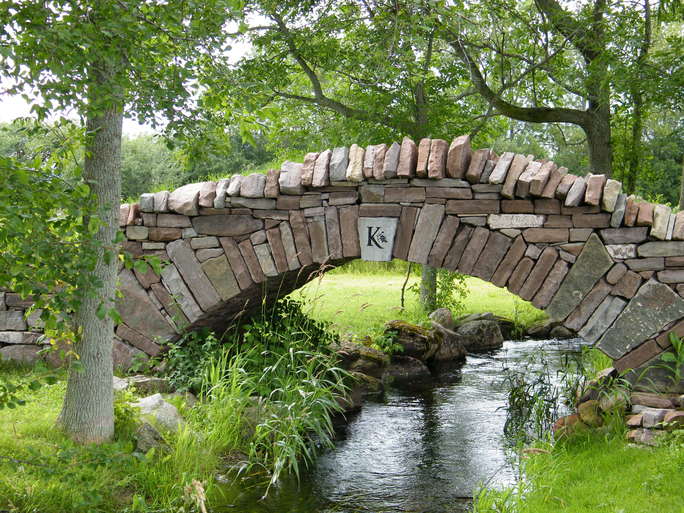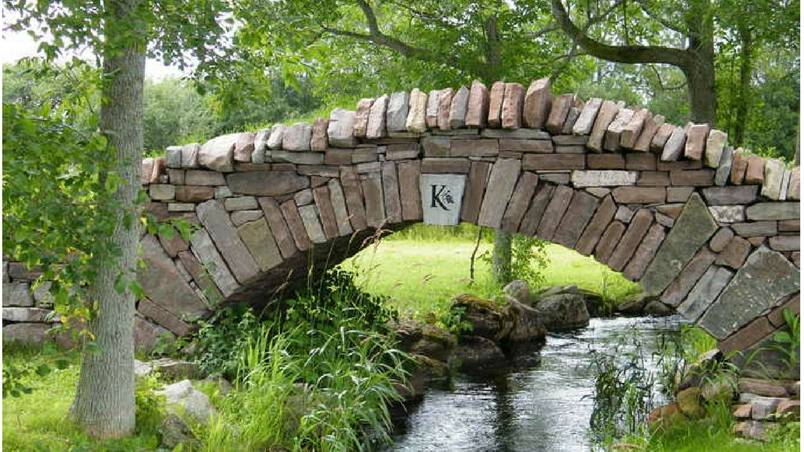Winemakers are finding themselves smack dab in the middle of curious times. Wine drinkers are becoming more proactive in their choices and brand dedication. Sure, we’re all prone to fun labels with dancing hippos and frisky zebras, but when all is said and done (and drank), we’re becoming more responsible.
The wine industry has benefitted from agritourism’s popularity. Day trips to wine regions have extended to weekends and even weeks. Opportunities exist for amateur sommeliers and novice vintners to experience grape-to-glass workshops and volunteer stints with boozy rewards.
Previously, enrollment in an oenology program, rock-star status or employment at a vineyard was the only way to get a glimpse of what was going on between the tidy rows. Now, especially at harvest time, the public is often invited to join the experts in the field—truly in the field.
But how can winemakers set themselves apart on restaurant menus and fold-out maps for areas dense with a dozen Merlots and Chardonnays? On the shelves of a liquor store, branding is ultimate. And for the discerning drinker, wines have to have some chutzpah. A mission. A niche. An audience. A cause to champion.
In Ontario’s Prince Edward County, Harwood Estate Vineyards stepped away from the generic grape-growing crowd by going solar in Hillier. Nearby, Redtail Vineyard went go off-grid with solar and geothermal technology. Farther west, in St. Williams, on the shores of Lake Erie, Burning Kiln Winery repurposed old tobacco kilns for drying grapes. This is the stuff of dinner table conversations that bleed well into the night. A solar-powered winery? Drying grapes in a kiln where tobacco leaves were once cured?
And this is where the vegans in the crowd usually pipe up, asking “What about us?” For the unaware (insert raised eyebrows here), animal byproducts are frequently used in the wine-filtering process. The saving grace is Prince Edward County’s Karlo Estates, the world’s first vegan-certified winery.

Let’s visit these wine cellars, shall we?
Harwood Estate Vineyards
Let the sunshine in! Completely solar powered, Hardwood is Canada’s first and only full-time production winery operating on solar energy. In addition to familiar varietals like Pinot Gris, Gewürtztraminer and Cabernet Sauvignon, Harwood also bottles Marquesa, a garnet red port-style wine.
Redtail Vineyard
Redtail has labelled itself an off-grid winery. Following organic practices, Canada’s only truly green winery is known for its whites (Chardonnay and Riesling) and Pinot Noir. Redtail combines the tour de force of solar energy and geothermal. Its mighty solar array consists of six panels at 170 watts, with each producing 1.02 kW per hour of light. Excess energy is stored in eight deep-cycle batteries that can store 11 kW per hour. The winery’s bragging rights are here (and on its website): “If every electrically driven device was in operation, we would be just under 1 kW/hour, and from the batteries, we could run for three days without bright sunlight.”
The walls are six inches of spray foam insulation, and argon-filled windows join the efficiency team with on-demand propane water heaters. This is wine you don’t have to feel guilty about drinking!

Karlo Estates
The handsomely restored 1805 post-and-beam barn at Karlo is probably the most romantic place to taste wines in Prince Edward County. At the south end of the vineyard, there’s a coveted picnic spot by North America’s largest drystone bridge, which spans Hubbs Creek.
Bring your vegan date here! Cheerleaders of the plant-based lifestyle (for health and environmental welfare), the winery has surprised many with the revelation that animal products are used in the clarification of wine. Among the list? Egg whites, casein (a milk derivative), gelatin (from animal tissue) and isinglass (derived from dried fish bladders). The proteins are essential for reducing a wine’s bitterness and tannins.
And this is where vegans rejoice: For clarifying purposes, Karlo uses protein derived from potato or pumpkin, as well as natural bentonite clay. Vegecert, the governing body of Canadian practices, ensures that Karlo continues to meet the certified-vegan status thanks to routine audits of supplies and winemaking processes.
As Karlo suggests on its website, “on average, people adopting a vegan diet live 15 years longer than those who are omnivores. That’s 15 more years to enjoy good wine.”

Burning Kiln Winery
In the beating heart of Norfolk County, Burning Kiln Winery is, according to its website, “a good news story,” as “the building is an architecturally repurposed tobacco pack barn” that carries on Norfolk’s tradition of agricultural prowess.
Blending heritage, eco-sensitivity and reinvention, the winery is having fun with old meets new, especially with its Strip Room label. The 37 percent kiln-dried red (with a “hint of cigar box,” according to its tasting notes) pays homage to the tobacco industry that defined Norfolk for decades: strip rooms are the place where sticks of tobacco are taken from the bulk and plants/leaves are removed from the stalks.
The region is embracing a new frontier of farming with the marriage of grape growing and agritourism. It also helps that the winery sits on the Niagara Escarpment, overlooking the UNESCO-designated Long Point Bay World Biosphere Reserve on Lake Erie. Visitors can explore the winery’s former tobacco tract, enjoy hiking and biking trails, as well as picnicking and setting up “camp” next door at its affiliate, Long Point Eco-Adventures. Long Point’s Wilderness Pods are a far cry from the nylon pup tents you might be envisioning. And the Wilderness Suites are sweet all right—they are just the place to enjoy a bottle of Strip Room, regardless of the forecast or mosquito frenzy.
After a chronological tour of the winery and its unique approach to kiln-drying grapes, visitors will be well versed in pressing, fermentation, barrel ageing and bottling. You’ll feel the beautiful and intoxicating transition from the tobacco-growing past and resurrection of Norfolk County, the diamond of Ontario’s south coast.
So if your impromptu barbecue guest list includes a vegan, an ex-smoker and an uncle who chronically complains about hydro bills, everyone should be satisfied. While the conversation won’t run dry, the wine just might!

Drystone bridge at Karlo Estates, Prince Edward County, Ontario.
Your Guilt-Free Wine Shopping List
2012 Meritage, Harwood Estate Vineyards, $39
Silver medal winner at the Intervin International Wine Awards.
2014 Pinot Noir, Redtail Vineyard, $27.95
Tasting notes: kirsch, balsawood and a hint of olives.
2013 Three Witches, Karlo Estates, $20
A blend of 50% Chardonnay, 30% Riesling and 20% Auxerrios.
2015 Strip Room, Burning Kiln Winery, $24.95
Your tobacco farm 101 lesson about the oft-misunderstood strip room.
Jules Torti’s work has been published in The Vancouver Sun, The Globe & Mail, travelife, Canadian Running and Coast Mountain Culture. With experiences as a canoe outtripper, outdoor educator, colouring book illustrator and freelancer, she is thrilled to be able to curate, write and read about the very best things in life.














